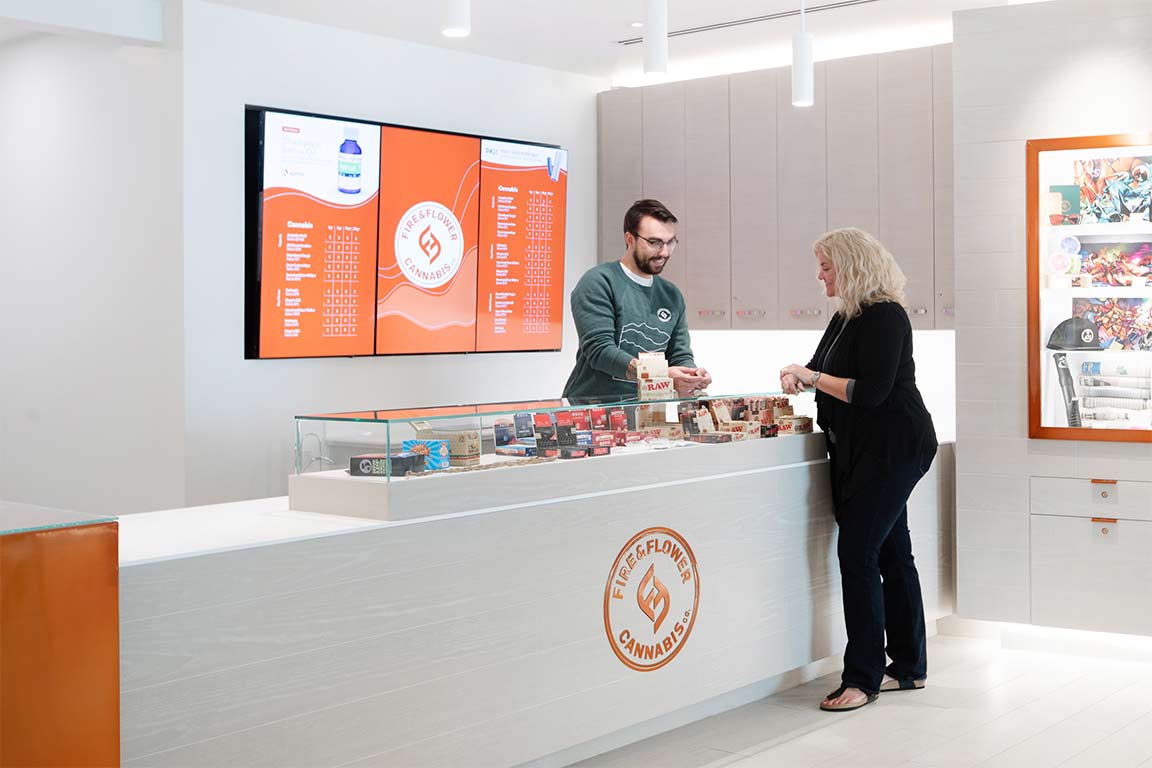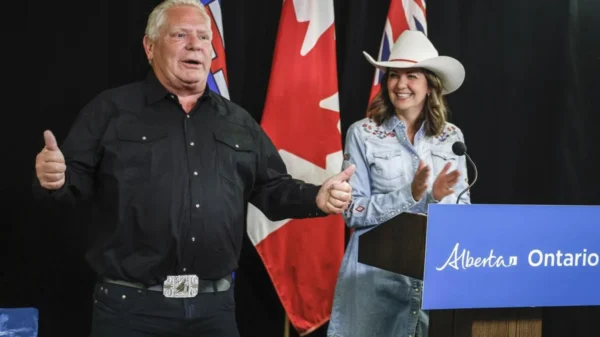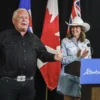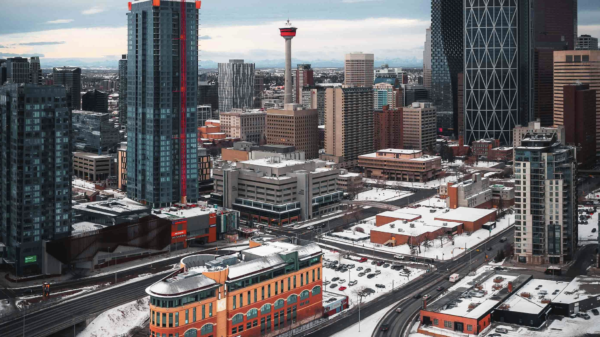Alberta has introduced a 6-per-cent markup on wholesale cannabis pricing, after holding out on the move since the inception of the recreational market.
The markup comes into effect Friday. The provincial regulator assures that Alberta will still have competitive prices, but some in the industry say the cost could be passed on to customers.
When the province set up its regulated market it didn’t initially apply markups on cannabis, keeping prices low to combat the illicit market, says a spokesperson for Alberta Gaming, Liquor and Cannabis.
Read more: Alberta’s private pot shops to take on delivery and online sales in March
“Introducing a modest markup will allow AGLC to fully recover cannabis-related operational costs and align with most other jurisdictions across Canada,” reads an email statement to Mugglehead.
“It should be noted that even with the new markup on cannabis products, wholesale prices in Alberta will remain lower or about the same as those in other provinces and will remain competitive with the illicit market.”
The AGLC adds that Alberta’s market has matured to have more than 750 licensed stores and 125 licensed producers.
I’m grateful our growers were not given this burden and arguably Alberta consumers have enjoyed some of the cheapest prices in the country. Nobody wants to see prices go up for consumers but our current market is not anchored in reality.
— Ryan (Cannabis Freddie Mercury) Roch (@LakeCityCanna) February 25, 2022
Adam Coates, chief revenue officer at Decibel Cannabis Company Inc. (TSXV: DB), which has a hand in cannabis production and retail, says he sees both ends of the situation.
“Depending on the producers’ and the retailers’ strategy, my expectation is that retailers will want to push that along to the end consumer,” he says over the phone. “And then some LPs, depending on what their pricing strategy is, may adjust their pricing to help absorb the extra 6 per cent to keep their target MSRP (manufacturer’s suggested retail price) in place and unchanged for the consumer.”
Given the margin compression happening in retail, he assumes the cost will be passed along to the customer.
“In the end, it’s going to continue to make it a little bit more difficult to compete on pricing with the black market, which is always sort of the target we’re looking at,” he says, noting that legalization intended to divert sales from the illicit market to the regulated one.
But while he says the results of implementing the tax remain to be seen, he notes that the AGLC also dropped the 2-per-cent public education fund fee.
Ryan Roch, executive director of Lake City Cannabis, says he had suspected prices would go up soon given the state of the economy.
“Ultimately at the core of this the AGLC has lost some level of direct revenue and this is essentially a tax to offset that,” he says. “However, even at that level Albertans will still enjoy some of the lowest prices in the country.”
“At some time in the future, our market will reach a maturity that allows for everyone to win. We’re not there today but it will come,” Roch adds.
It’s been well over a year that prices went down because costs or innovation got them down. What I will say is it’s hard for me to dunk on the AGLC when provincial monopolies across the country limit innovation and business. Cough cough BC
— Ryan (Cannabis Freddie Mercury) Roch (@LakeCityCanna) February 25, 2022
Wholesale markup in Canada varies depending on provincial and territorial laws. In contrast, the neighbouring province of British Columbia has a markup of 15 per cent, while the Yukon’s percentage is more than 20 per cent.
On the other side of Alberta in Saskatchewan, the regulator isn’t involved in the supply chain and doesn’t implement a wholesale fee.
Read more: Canadian cannabis sales spike 9% to record $382.4M in December
Follow Kathryn Tindale on Twitter
kathryn@mugglehead.com














